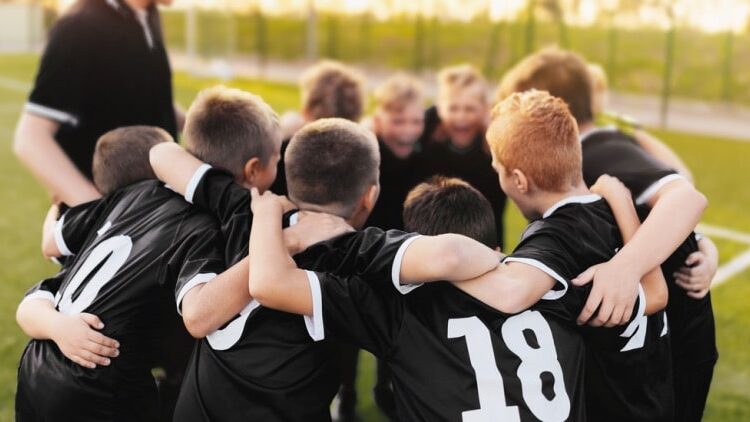Sports have long been a cornerstone of school culture, playing a vital role in fostering a strong sense of community among students, faculty, and the broader school community. Beyond the physical and competitive aspects of athletic activities, sports can serve as a unifying force, bringing people together and creating a shared sense of identity and belonging.
At the heart of this community-building power lies the inherent camaraderie and team spirit that sports cultivate. When students come together to support their school’s teams, they forge connections and develop a sense of shared purpose. The shared experience of cheering on their peers, celebrating victories, and commiserating over losses can forge lasting bonds and a deep-rooted sense of school pride.
Moreover, sports can provide a common ground for diverse students to come together, transcending social and cultural boundaries. Of course, when preparing for the competition, students can ask for academic writing help with such requests as “Do my homework for money” in order to allocate more time for training. The shared passion for a sport can help break down barriers and foster a sense of unity, as students from different backgrounds unite under the banner of their school’s teams.
Creating a positive sports culture in schools
Fostering a positive sports culture in schools is crucial to harnessing the community-building potential of athletic activities. Schools that prioritize sportsmanship, teamwork, and personal growth over pure competition are more likely to see the benefits of sports extend beyond the playing field.
One key aspect of cultivating a positive sports culture is emphasizing the importance of character development alongside athletic skills. Coaches and school administrators should prioritize instilling values such as respect, integrity, and perseverance in student-athletes. By focusing on the holistic development of the individual, schools can create an environment where sports are seen as a means of personal growth and social connection, rather than simply a means to an end.
Additionally, schools can promote a culture of inclusivity and accessibility, ensuring that all students, regardless of their athletic ability or background, feel welcomed and encouraged to participate. This can involve offering a diverse range of sports and recreational activities and providing equitable access to resources and facilities.
Promoting inclusivity and diversity through sports
Sports have the power to bring people together and transcend social and cultural boundaries. By actively promoting inclusivity and diversity within their athletic programs, schools can create a more welcoming and inclusive environment for all students.
One way to achieve this is by ensuring that sports teams and programs reflect the diversity of the student body. This may involve actively recruiting and encouraging participation from underrepresented groups, as well as creating opportunities for collaborative and co-ed sports. By fostering a diverse and inclusive sports culture, schools can send a powerful message about the value of diversity and the strength that comes from bringing people of different backgrounds together.
Additionally, schools can use sports as a platform to celebrate and honor their students’ diverse cultural backgrounds. This can involve incorporating cultural elements into sports traditions, such as recognizing and honoring the cultural heritage of student-athletes or organizing events that showcase the diversity of the school community.
Building school spirit through sports events and traditions
Sports events and traditions can be powerful tools for fostering a strong sense of school spirit and community. From homecoming games to pep rallies, these shared experiences can create lasting memories and a deep sense of belonging among students, faculty, and the broader school community.
One effective way to build school spirit is through the creation of sports-related traditions and rituals. This can include things like pre-game rituals, team cheers, or the establishment of school-specific chants and songs. These traditions not only help to build a sense of shared identity but also provide opportunities for students to engage in active participation and expression of their school pride.
Moreover, sports events can serve as a gathering point for the entire school community, bringing together students, faculty, families, and alumni. The shared experience of attending and supporting school teams can foster a sense of unity and camaraderie that extends beyond the sports themselves. By creating a welcoming and inclusive environment at these events, schools can further strengthen the bonds between all members of the community.



